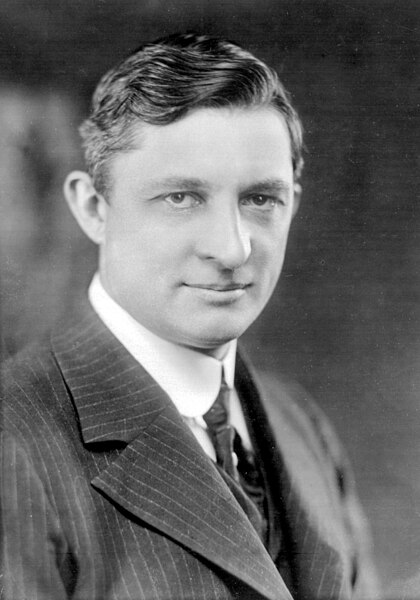 It’s #$% hot in the southern plains of the United States, with high temperatures constantly above 100 degrees F, and lows never dipping below 80. For that matter, it’s hotter than average this year in most parts of the country. So, a timely article over at Slate gives a great overview of the history of the air conditioning system, courtesy of inventor Willis Carrier.
It’s #$% hot in the southern plains of the United States, with high temperatures constantly above 100 degrees F, and lows never dipping below 80. For that matter, it’s hotter than average this year in most parts of the country. So, a timely article over at Slate gives a great overview of the history of the air conditioning system, courtesy of inventor Willis Carrier.
[div class=attrib]From Slate:[end-div]
Anyone tempted to yearn for a simpler time must reckon with a few undeniable unpleasantries of life before modern technology: abscessed teeth, chamber pots, the bubonic plague—and a lack of air conditioning in late July. As temperatures rise into the triple digits across the eastern United States, it’s worth remembering how we arrived at the climate-controlled summer environments we have today.
Until the 20th century, Americans dealt with the hot weather as many still do around the world: They sweated and fanned themselves. Primitive air-conditioning systems have existed since ancient times, but in most cases, these were so costly and inefficient as to preclude their use by any but the wealthiest people. In the United States, things began to change in the early 1900s, when the first electric fans appeared in homes. But cooling units have only spread beyond American borders in the last couple of decades, with the confluence of a rising global middle class and breakthroughs in energy-efficient technology. . . .
The big breakthrough, of course, was electricity. Nikola Tesla’s development of alternating current motors made possible the invention of oscillating fans in the early 20th century. And in 1902, a 25-year-old engineer from New York named Willis Carrier invented the first modern air-conditioning system. The mechanical unit, which sent air through water-cooled coils, was not aimed at human comfort, however; it was designed to control humidity in the printing plant where he worked.
[div class=attrib]More from theSource here.[end-div]
[div class=attrib]Image of Willis Carrier courtesy of Wikipedia / Creative Commons.[end-div]
